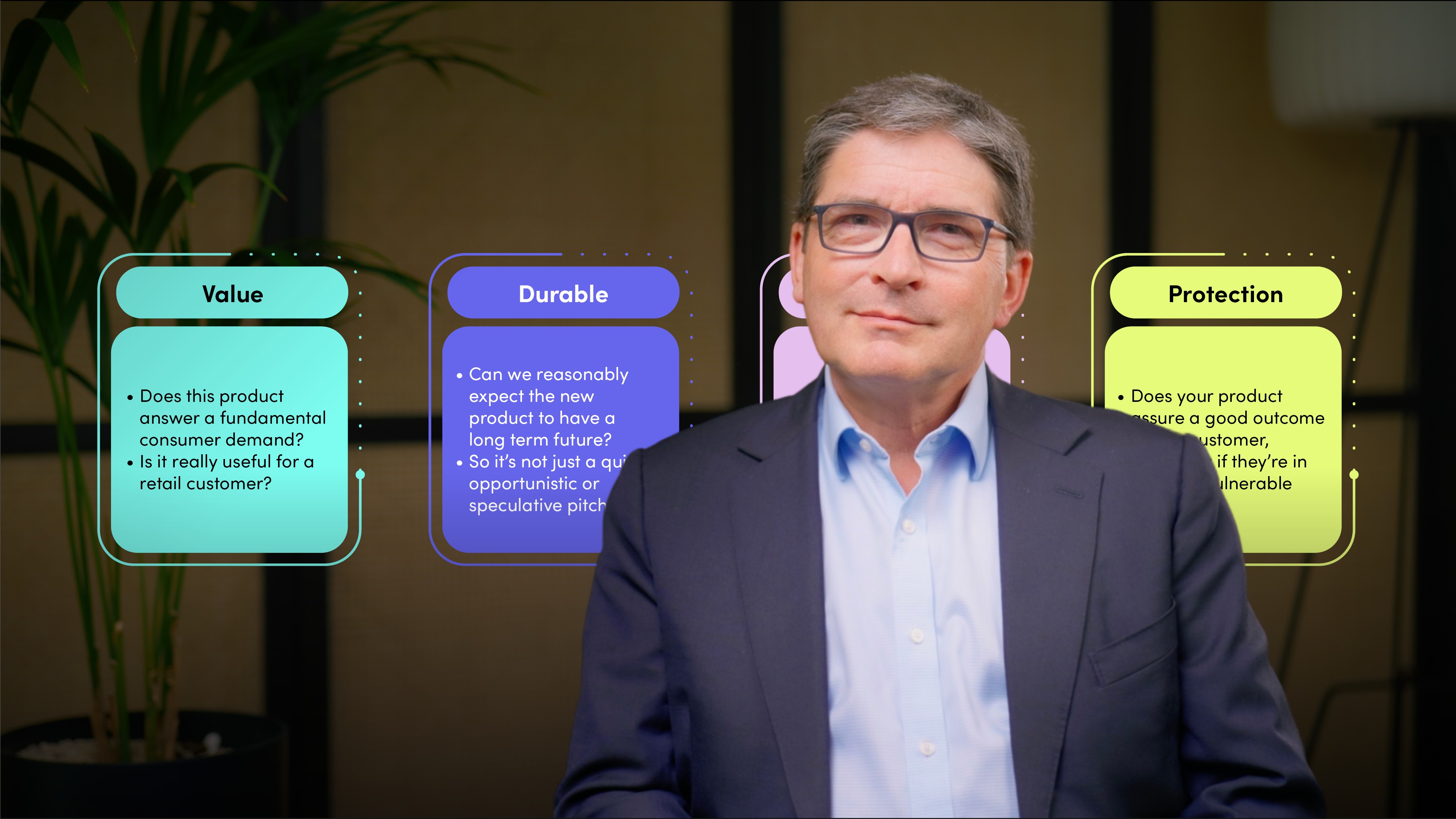
Testing a Firm’s Commitment to Customer Service

Roger Miles
25 years: Behavoural science & conduct
In this video, Roger explores how the FCA tests firms’ commitment to Consumer Duty through real examples of misconduct and behavioural challenges. He explains key issues like unfair charges, ‘sludge’ and ‘dark patterns’ in customer service, and highlights the serious consequences of non-compliance. Finally, he shares practical steps your firm can take to stay prepared and meet regulatory expectations.
In this video, Roger explores how the FCA tests firms’ commitment to Consumer Duty through real examples of misconduct and behavioural challenges. He explains key issues like unfair charges, ‘sludge’ and ‘dark patterns’ in customer service, and highlights the serious consequences of non-compliance. Finally, he shares practical steps your firm can take to stay prepared and meet regulatory expectations.
Subscribe to watch
Access this and all of the content on our platform by signing up for a 7-day free trial.

Testing a Firm’s Commitment to Customer Service
9 mins 20 secs
Key learning objectives:
Understand how the FCA tests firms’ customer service using behavioural examples
Identify ‘sludge’ and ‘dark patterns’ in consumer harm
Understand consequences of non-compliance, including fines and reputational risk
Outline simple actions to stay compliant with Consumer Duty
Overview:
Subscribe to watch
Access this and all of the content on our platform by signing up for a 7-day free trial.
The FCA has used behavioural tests over the years to assess how firms serve customers. For example, it examined unfair overdraft charges by tracking customers’ usage and identified vulnerable customers being heavily charged. This led banks to change their charging structures to avoid exploiting vulnerability. The FCA also challenges firms launching new products by asking if they provide value, durability, consumer choice, and protection, ensuring products genuinely benefit customers. Recently, the FCA introduced audits to spot misconduct like creating ‘sludge’ (unnecessary friction) or ‘dark patterns’ (misleading practices) that harm consumers.
When firms launch new products, the FCA asks four key questions:
- Does the product meet a real consumer need (value)?
- Is it expected to last as part of the firm’s core business (durability)?
- Can consumers easily compare and choose alternatives (choice)?
- Does the product protect consumers, especially vulnerable ones (protection)?
The FCA focuses on two main behaviours:
- Creating undue friction or ‘sludge’ that makes it hard for customers to cancel services, get refunds, or access compensation. This often secretly benefits firms at the expense of consumers
- Using ‘dark patterns’ to mislead or confuse consumers, such as drip pricing, fake rankings, or hiding negative reviews. These practices obstruct genuine consumer choice and violate Consumer Duty principles
Subscribe to watch
Access this and all of the content on our platform by signing up for a 7-day free trial.

Roger Miles
There are no available Videos from "Roger Miles"



























